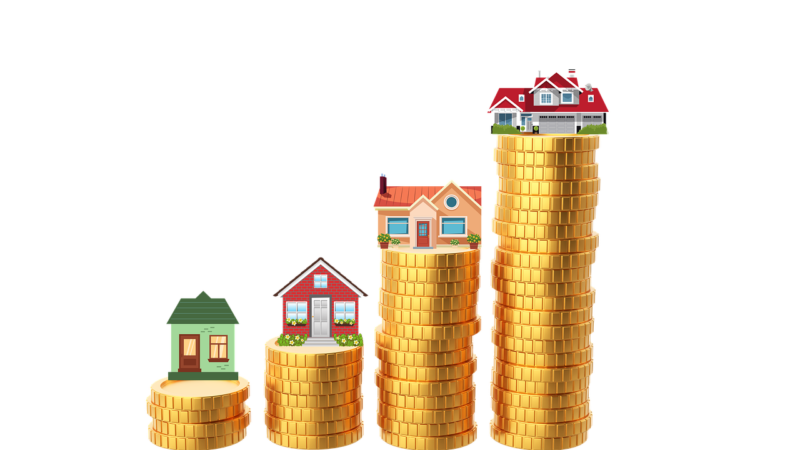8 Steps To Your First Home
1. How much deposit will I need to save before I can buy a house?
The first, and most difficult, step all first time buyers need to take before they start viewing properties is to save for a deposit.
A good rule of thumb is that you will need between 5 and 20 percent of the cost of the home you want to buy. For example, if you want purchase a property worth £100, 000, you’ll need to save at least £5,000 (5%).
The more you save, however, the better your options will be when it comes to choosing a mortgage.
2. Can I afford the monthly repayments?
The most important thing of all to consider is whether you can afford to keep up with the mortgage repayments.
It’s a wise idea to sit down before you start and use a mortgage affordability calculator to work out what you can afford.
Lenders are strict and will run background checks on your financial circumstances and history as part of the application process, and you’ll need to show clear evidence of your income and outgoings.
3. What other costs will I incur?
Monthly mortgage payments are not the only costs to consider when buying your first home.
Others include, but are not limited to solicitor’s fees, surveyor’s fees, removal costs, and Stamp Duty (in Scotland the Land and Buildings Transaction Tax).
If buying an older property, you may also need to consider the costs associated with redecorating.
4. Are there any schemes to make getting on the property ladder easier?
The government underwrites numerous schemes to help first-time buyers get on the property ladder. These include but are not limited to affordable housing and shared ownership schemes. As ever, it’s best to do as much research as possible.
5. How do I find a mortgage?
With so many options to choose from, choosing the right mortgage deal can be difficult. Your personal financial circumstances will shape the decision you make, but seek out the advice of expert mortgage advisers and brokers before signing anything.
6. What’s better: freehold or leasehold?
The majority of houses are freehold – meaning that you own the property and the land it sits on outright. However many flats or apartments are leasehold, which means you are buying a share of the freehold. Again it is best to seek the advice of property specialists.
7. What’s the application process?
Whatever you decide, your lender will first of all want to know you can afford to meet the repayments.
You’ll need to provide evidence of your income, outgoings, and a list of any debts you have as well as household bills.
If you’re self-employed, you could be asked for tax returns and to show your business accounts.
8. What if I’m rejected?
If you are rejected, you might want to consider approaching a close family member or guardian to see if they would be willing to act as a guarantor – which means that if you default on the repayments, they will be liable to pay instead.
You’ll need to talk to a mortgage adviser to see which lenders offer mortgages on this basis. If you were rejected because of bad debt, again, your options will wider if you address these before applying to any lender.




Thanks for sharing all the information. I was looking for this kind of article for a long time.